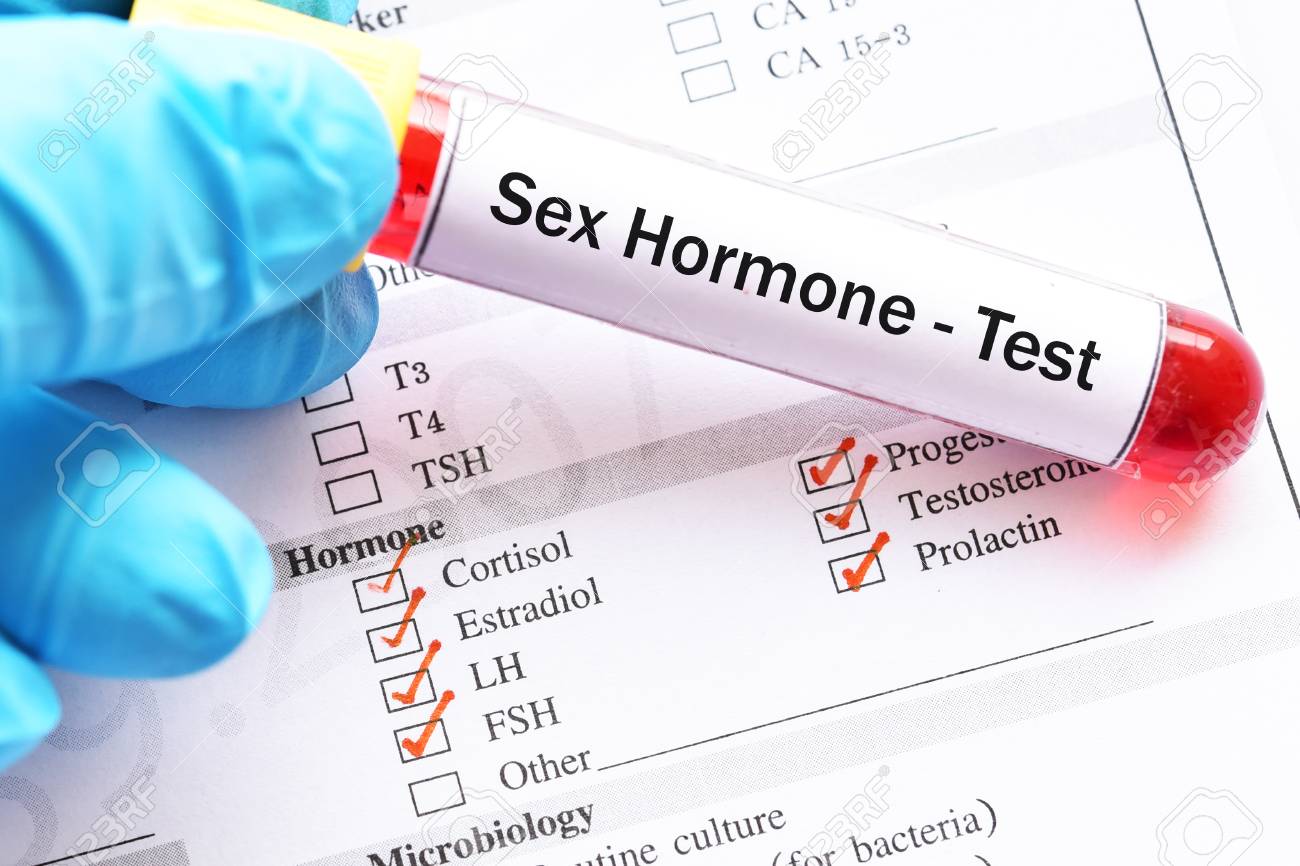

Diet & Nutrition
/
Health and wellbeing
/
Mental health
/
Weight loss
/
Women's health
/
Men's health
What Is Hormone Testing?
A hormone test is a test that is used to assess and determine hormone levels in the body. Hormones are chemical messengers found in the body, and several of them exist. Like several chemical messengers, various tests are used to assess the different hormone levels in the blood.
Hormone-related tests can also be done.
Homeostasis is a state of balance within the internal environment of the body. Your hormone levels also tend to be balanced and controlled when in this state. When your body’s internal environment is altered, it deviates from balance, affecting hormone levels.
Hormonal imbalance has a variety of causes, and it can manifest through different symptoms. Through hormone tests, this imbalance can be assessed, diagnosed and treated.
These chemical messengers can be classified into 3 major groups: lipid-derived hormones, peptide hormones, and amino-acid-derived hormones.
Lipid-Derived Hormones
These hormones are derived from High-density lipoproteins (HDL), also known as the “good” cholesterol. Hormones derived from this “good cholesterol” are easy to identify as most of their names end with either “ol” or “one”. Examples include estradiol (Estrogen), testosterone (androgen), sex hormones.
Amino-Acid Derivative
These hormones are majorly derived from 2 amino acids: Tyrosine and tryptophan. Most of the hormones in this category have their chemical names ending with “ine”. An example is adrenaline, which is quite popular and has a variety of functions metabolism, blood circulation and more.
Peptide Hormones
These hormones are made of and inked by peptides (tiny bits of protein). Some examples include oxytocin and growth hormones. Oxytocin plays a role in parturition, breast milk production and social bonding, while the growth hormone is responsible for growth.
Why do a hormone test?
Hormone tests are critical because they help identify hormonal imbalances and disorders. Several factors can contribute to hormonal; imbalance, and some are
• Stress
• Diabetes
• Under or overweight
• Certain medications
• Infections and allergies
• Thyroid diseases
• Eating disorders
• Cancer or cancer treatment
When Should You Do A Hormone Test?
Several symptoms are associated with hormonal imbalance because hormones significantly affect the body's health. Although this is the case for most hormones, some symptoms could be specific to a particular hormone, including symptoms indicating a hormonal imbalance.
• Rapid weight gain or loss
• Abnormal heart rate
• Depression
• Infertility
• Insomnia
• Excessive sweating and increased thirst
• Dry skin
• Diarrhea or constipation
• Pain or tenderness of joints, muscles etc.
• Fatigue
• Reduced sexual drive
What Goes On During The Hormone Test Procedure?
Hormone tests use different samples depending on the hormone to be assessed. These samples could be hair follicles, blood, urine or other body fluids. Some additional tests or exams such as pelvic exams, X-rays, ultrasounds, MRI or more can be carried out depending on the symptoms you manifest and the type of hormonal test being performed.
Although it is possible to assess hormonal home testing kits, these test kits cannot give as much information as needed to make a diagnosis. You should visit a medical professional or your GP for assessment and tests if you notice any symptoms that could indicate a hormonal imbalance or disorder.
You can also make it easier if you record the symptoms you experience and the regularity of these symptoms.
How Mobi Doctor Can Help
With Mobi Doctor, you can access online urgent care. Get an instant diagnosis, explore conditions and treatments, and text a healthcare professional if needed.



 (1) (1).jpg)

Comments